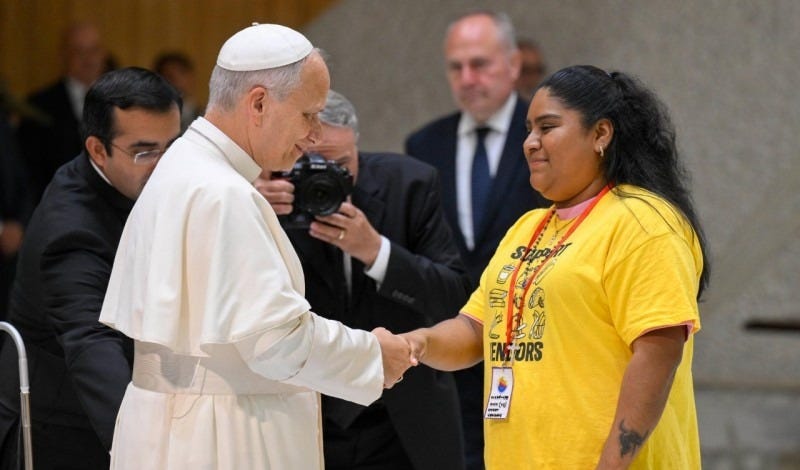Pope Leo: “Housing, Work and Land Are Sacred Rights”
Pope Leo XIV lays out a vision of a “poor Church for the poor” and declared housing, work, and land to be “sacred rights” — a moral manifesto for the age of AI and inequality.
At a Vatican gathering of global popular movements on October 23, Pope Leo XIV delivered one of the most impassioned speeches of his pontificate – and nearly no one in the English-speaking world heard it at first.
Blame a translation delay. Indeed, the text wasn’t posted in English until a week later.
Why? The unsubstantiated rumor is that the…



